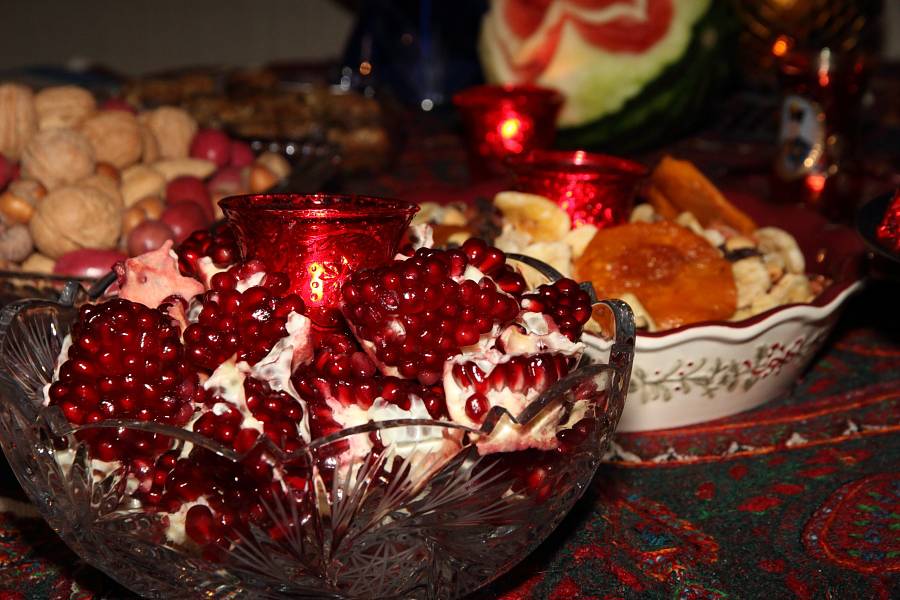Tonight, it's Shab-e Yalda, or Yalda Night... As the longest night of the year concludes with the fading daylight in the northern hemisphere, diverse communities in Mesopotamia and the Middle East, including Kurds, Azeris, Persians, Syriacs, Turkmen, and many others, celebrate it as the beginning of humanity's emergence from darkness.
On December 21, as shadows linger longest in the northern hemisphere, the longest night of the year commences. Those residing in Sinop, at the northernmost point in Turkey, will experience this night the longest. When daylight breaks, 15 hours and 6 minutes will have passed since sunset. Conversely, those living in Hatay, at the southernmost point, will experience the shortest duration, opening their eyes to the new day 14 hours after sunset.
An ancient tradition
The departure of the longest night in the northern hemisphere has been celebrated since the Neolithic era by various communities in the northern hemisphere, including Celts, Irish, Romans, Slavs, and in Asia by Indians, Chinese, and Central Asian peoples. Although under different names, it is saluted annually as the beginning of humanity's emergence from darkness.
Shab-e Yalda was revered in Zoroastrianism, where it symbolized "the end of darkness" and the beginning of light. In East Kurdistan (Rojhilat) and Northwest Iran, where traces of Zoroastrianism still exist in societal and cultural heritage, this tradition is enthusiastically embraced with elaborate preparations.
This seasonal cycle, also referred to as "winter solstice" and "Nardugan," marks the beginning of the new year in Zoroastrianism. The conclusion of the longest night is celebrated with festivities that last until sunrise, adorned with colors reminiscent of the sun's reddish glow, particularly with pomegranates and watermelons.
Even today, in regions where the culture persists, the night of December 21 is filled with celebrations until dawn, featuring local cuisines and the symbolic presence of pomegranates and watermelons, associated with the redness of the rising sun. Watermelon, a summer fruit, is carefully stored to grace Shab-e Yalda throughout the fall. It is believed that consuming watermelon during the harsh winter will contribute to warmth and comfort.
In recent years, as opportunities for cultural identities to develop freely have expanded, the Shab-e Yalda tradition has been experiencing a revival worldwide.
We wish a joyful Shab-e Yalda to those who celebrate it. (AEK/VK)






